Gulnoza Said
Gulnoza Said, CPJ's Europe and Central Asia program coordinator, is a journalist and press freedom advocate with over 20 years of experience in New York, Prague, Bratislava, and Tashkent. At CPJ, she has conducted several missions to countries in Europe and Central Asia, and advocated for greater press freedom and the release of jailed journalists at forums including the U.S. Congress, the United Nations, and the OSCE. Before joining CPJ in 2016, she was a journalist and covered issues including elections, politics, media, religion, and human rights with a focus on Central Asia, Russia, and Turkey. She also worked in communications for the United Nations Secretariat and the UNDP. Her op-eds, reports, and comments have appeared in CNN, the BBC, The New York Times, The Washington Post, The Guardian, PBS, NBC, Voice of America, RFE/RL, Fergana, Eurasianet, and other outlets, and she authored the Uzbekistan chapter in a book on the study of social entrepreneurship. Follow her on LinkedIn.
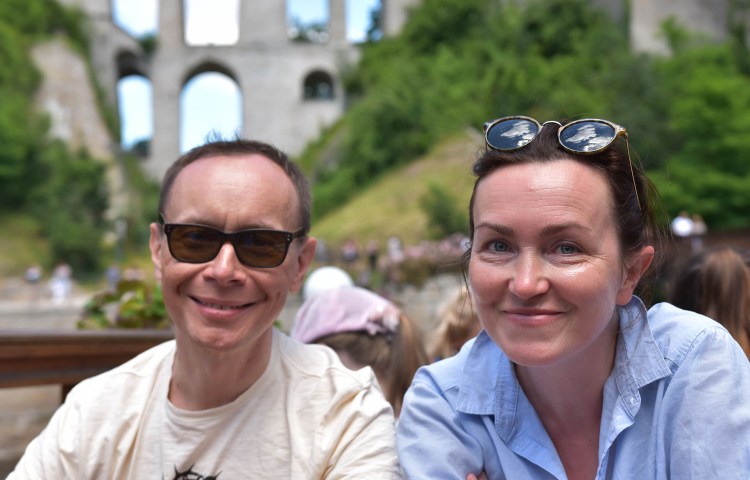
‘Our kids miss their mom’: Husband of journalist Alsu Kurmasheva speaks out about her detention in Russia
Alsu Kurmasheva, an editor with the Tatar-Bashkir service of U.S. Congress-funded Radio Free Europe/Radio Liberty (RFE/RL) and a dual U.S.-Russian citizen, has been in Russian detention since October 18, when authorities in the western city of Kazan charged her with failure to register herself as a foreign agent. If found guilty, Kurmasheva faces up to…

Mercenary leader’s death sparks hope for new leads in 3 Russian journalist murders
The August 2023 death of Yevgeny Prigozhin, founder of the Russian mercenary Wagner Group, made headlines around the world amid speculation that President Vladimir Putin was behind it. But to press freedom observers, the death was notable for another reason: It may have signaled a new era in long-stalled efforts for justice for three Russian…
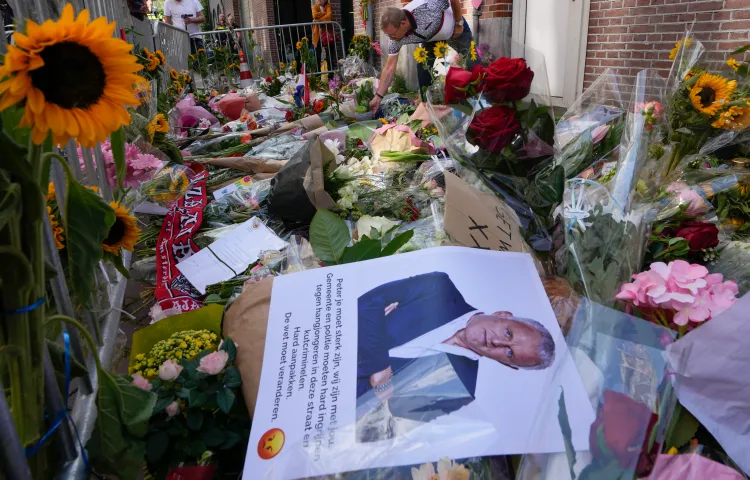
Violence against Netherlands’ journalists dims a beacon of press freedom
On a small street off Amsterdam’s bustling museum district, there is no indication of the 2021 event seared into the memories of the Dutch press corps – at least not yet. Authorities have plans to build a memorial near the site where crime reporter Peter R. de Vries was shot on July 6 after leaving…
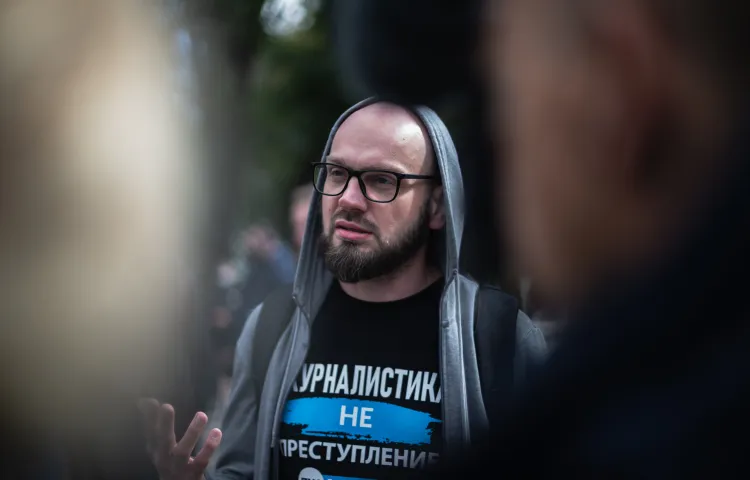
‘We expect anything’: A Russian union leader vows to keep helping journalists facing state repression
As journalists flee Russia fearing prosecution for their coverage of the invasion of Ukraine or their affiliation with outlets deemed “foreign agents,” the country’s Journalists’ and Media Workers’ Union (JMWU) is trying to help them. A non-governmental trade union with some 600 active members, the group defends labor rights, provides assistance to journalists, and stands…

Dozhd TV editor Tikhon Dzyadko on why he fled Russia and shut his broadcaster down
Russian independent broadcaster Dozhd TV announced during a live broadcast on Thursday that it would suspend its operations after Russia’s media regulator blocked its website for spreading “deliberately false information about the actions of Russian military personnel.” Dozhd TV had drawn the ire of Russian authorities because of it used the word “invasion” to report on Russia’s war in…
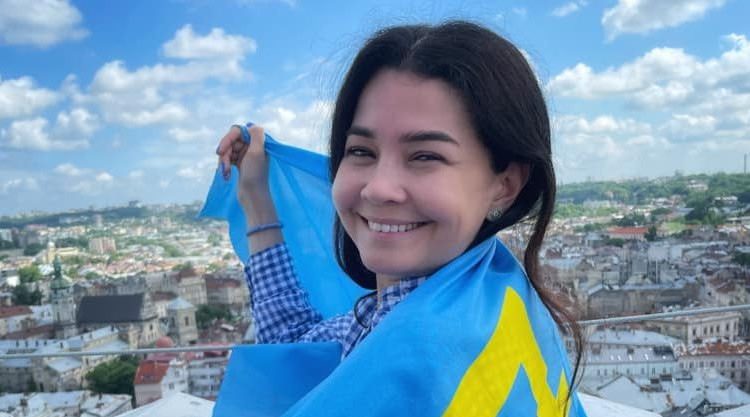
‘Not just statistics’: Ukrainska Pravda editor Sevgil Musaieva on the risks and challenges of covering Russia’s invasion of Ukraine
Twice a day, Sevgil Musaieva, chief editor at Kyiv-based independent news site Ukrainska Pravda (Ukrainian Truth), checks in with her staff, now scattered around the country for security reasons as they report amid Russian missile and rocket attacks. Musaieva knows the high stakes involved in reporting the truth. Two of the outlet’s journalists were killed in retaliation for…
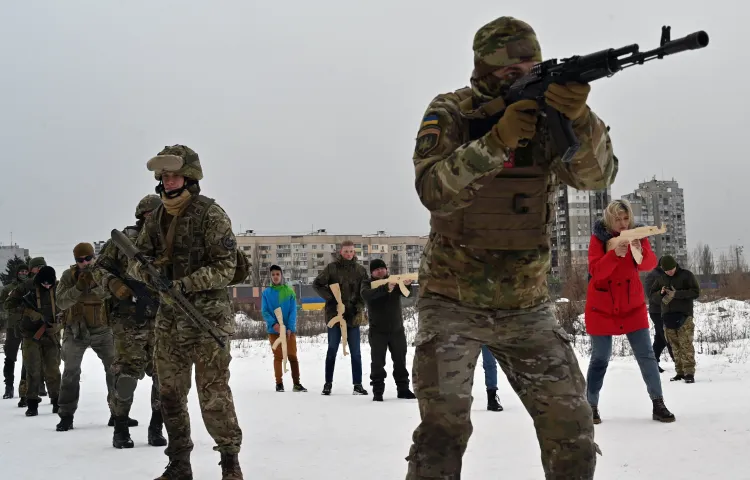
Helmets and body armor: How Ukraine’s press corps is prepping for possible war
As world leaders launch diplomatic offensives to try to stave off a possible Russian invasion of Ukraine, Ukrainian journalists are preparing to cover a conflict that could take a catastrophic toll on their country. Russia’s amassing of troops at its neighbor’s eastern border follows its annexation of Ukraine’s Crimean peninsula in 2014 — a…
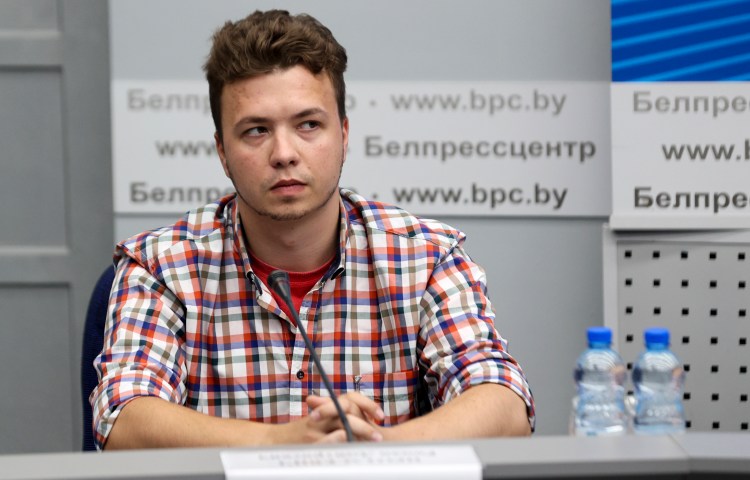
In Belarus, Lukashenko’s vindictiveness reaches new heights
On May 23, Belarusian authorities caused a global outcry when they diverted a Lithuania-bound commercial flight to the Belarus capital of Minsk so they could arrest two passengers on the plane: self-exiled journalist Raman Pratasevich and his girlfriend Sofia Sapega. This shocking tactic was seen as emblematic of just how far President Aleksandr Lukashenko is…

Azerbaijani journalist Sevinj Vagifgizi was ‘astonished’ to learn of Pegasus spyware on phone
Azerbaijani authorities have long had a firm grip on the media by imprisoning, harassing, and persecuting journalists both at home and abroad as well as blocking their websites. Now authorities are alleged to have used a new tool in their quest to muzzle independent reporting: spyware. Several Azerbaijani journalists have been named in the collaborative…
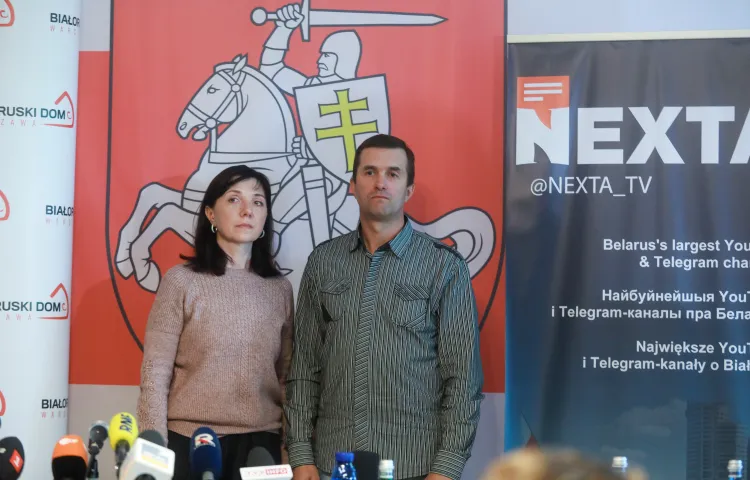
Belarusian journalist Raman Pratasevich’s parents on their efforts to find and free their son
“It felt like a horror movie.” That is how Dmitry Pratasevich describes learning that his son, Raman Pratasevich, was arrested after Belarusian authorities diverted Raman’s commercial flight from Greece to Lithuania to land in Minsk on May 23. Raman was the co-founder of NEXTA and the chief editor of Belarus of the Brain, two Telegram channels that rankled authorities…